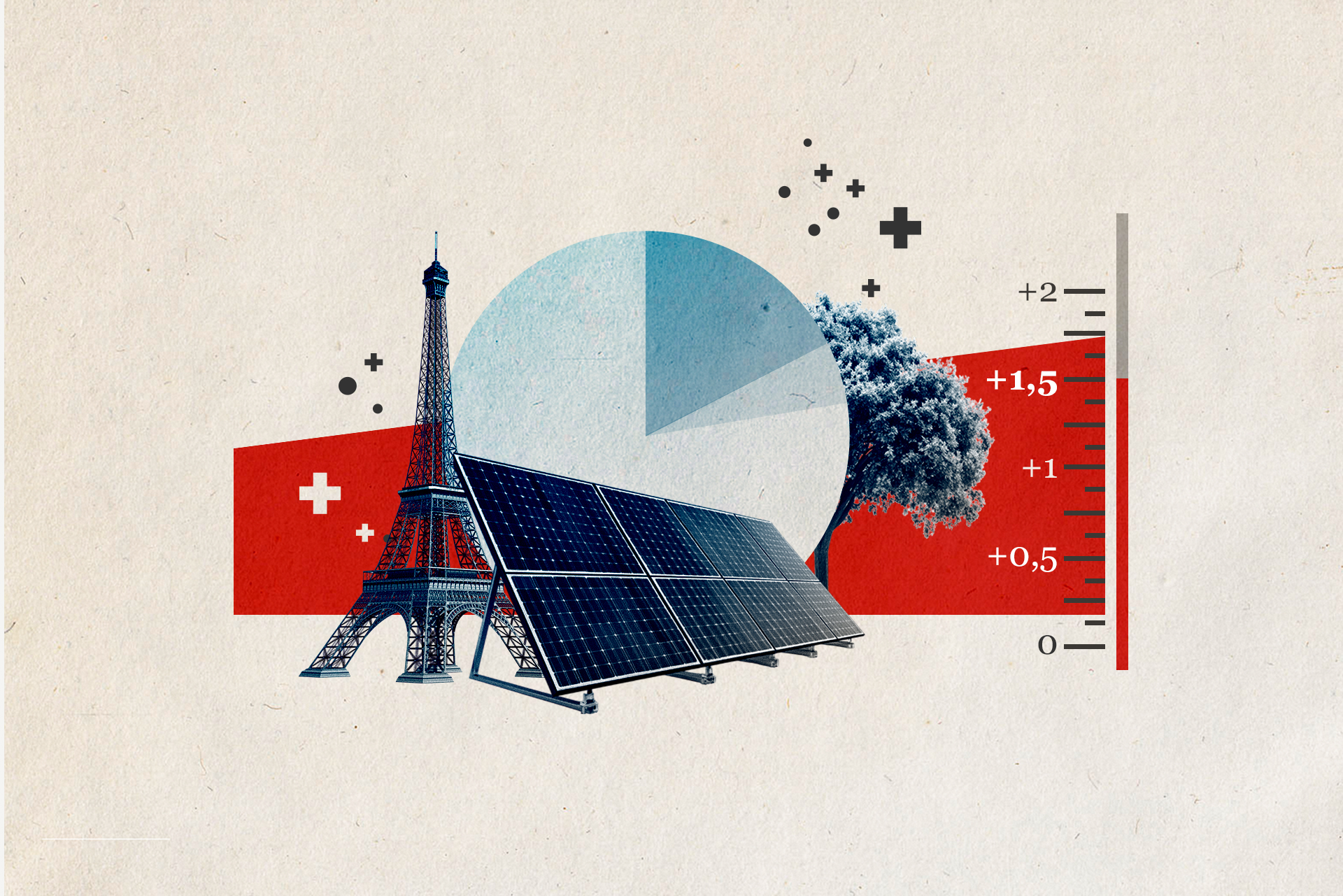
Bike thefts in Switzerland: one gram of cocaine for a stolen e-bike

Every year, tens of thousands of bicycles and e-bikes are stolen in Switzerland. But where do they end up? Swiss investigative journalists used a GPS tracking device to follow an e-bike stolen in Basel all the way to Albania.
It took just over two weeks for a man to steal the bicycle left deliberately outside by Swiss public television SRF journalists. The broken bicycle lock was later found behind a house. What the thief didn’t know was that the SRF team had fitted the bike with GPS and Bluetooth transmitters – as part of an investigation to discover where stolen e-bikes are taken.
>> Watch the report by SRF (in German):
Bike thefts are booming in Switzerland. The number of stolen bicycles has risen by 50% in the past five years, and more and more are e-bikes.
Basel border region particularly affected
In 2024, 54,308 bicycles and e-bikes were reported stolen across Switzerland – one in nine in canton Basel City. According to police, this is due to the high density of bikes in the city and its proximity to the border, as many stolen bikes are taken to France.
“The number of bikes being stolen is now so high that we have to assume this is not just petty crime, but that there are organised structures behind it,” Christian Plüss, Switzerland–France liaison officer for the Basel Country cantonal police, told SRF’s Rundschau programme.
But France is not always the final destination. “We’ve noticed that bicycles taken to [the French cities] Saint-Louis or Mulhouse often stay there for a while,” Plüss continued. “Then they are usually moved on – mainly to North Africa or the Balkans.”
Drug dealers paid in e-bikes
It remains unclear whether the theft of the SRF team’s bike was linked to an organised network. But their investigation led the reporters to Basel’s drug scene, where several addicts admitted to stealing e-bikes to buy drugs.
While such crime is not unusual, Basel’s situation seems particular: drug dealers reportedly accept e-bikes as payment. Several drug users independently confirmed this. Dealers are also said to commission thefts directly. “They come into the alley and ask if there are any e-bikes available,” said one addict. “Then the addicts go out with tools, break them open and sell them.”
In exchange for an e-bike worth several thousand Swiss francs, the addicts said they received drugs valued at CHF100–150 ($126-189) – roughly equivalent to a gram of cocaine.
Bike recovered in Albania
Six months after the e-bike was stolen in Basel, a new signal appeared. The bike had crossed the border – first to Kosovo, then on to Albania. There, with the help of the authorities, the SRF team located it in the possession of a private individual.
Albanian police seized the bike and opened proceedings for the suspected purchase of stolen goods. It remains unclear how exactly the sale took place; police declined to provide further information due to the ongoing investigation.
The fact that stolen Swiss e-bikes are now turning up in Albania is a relatively new trend, said investigative journalist Artan Hoxha, an expert on the Albanian underworld. But these small-scale smuggling routes should not be underestimated. “If a group can transport e-bikes from Switzerland to Albania, it can easily move other things too – such as drugs,” he warned.
Don’t just lock your bike. Secure it with a chain.
Bikes that are simply locked can easily be lifted and transported in a vehicle.
Use a high-quality bicycle lock that is difficult to force.
Note down the frame number. A bike can only be uniquely assigned to its owner if the owner has the frame number.
If you use a tracker, opt for a high-quality device and, if possible, have it installed by a professional. Thieves also know that trackers exist. If they are easy to find, they will be quickly removed.
Translated from French using DeepL/amva

In compliance with the JTI standards
More: SWI swissinfo.ch certified by the Journalism Trust Initiative




























You can find an overview of ongoing debates with our journalists here . Please join us!
If you want to start a conversation about a topic raised in this article or want to report factual errors, email us at english@swissinfo.ch.